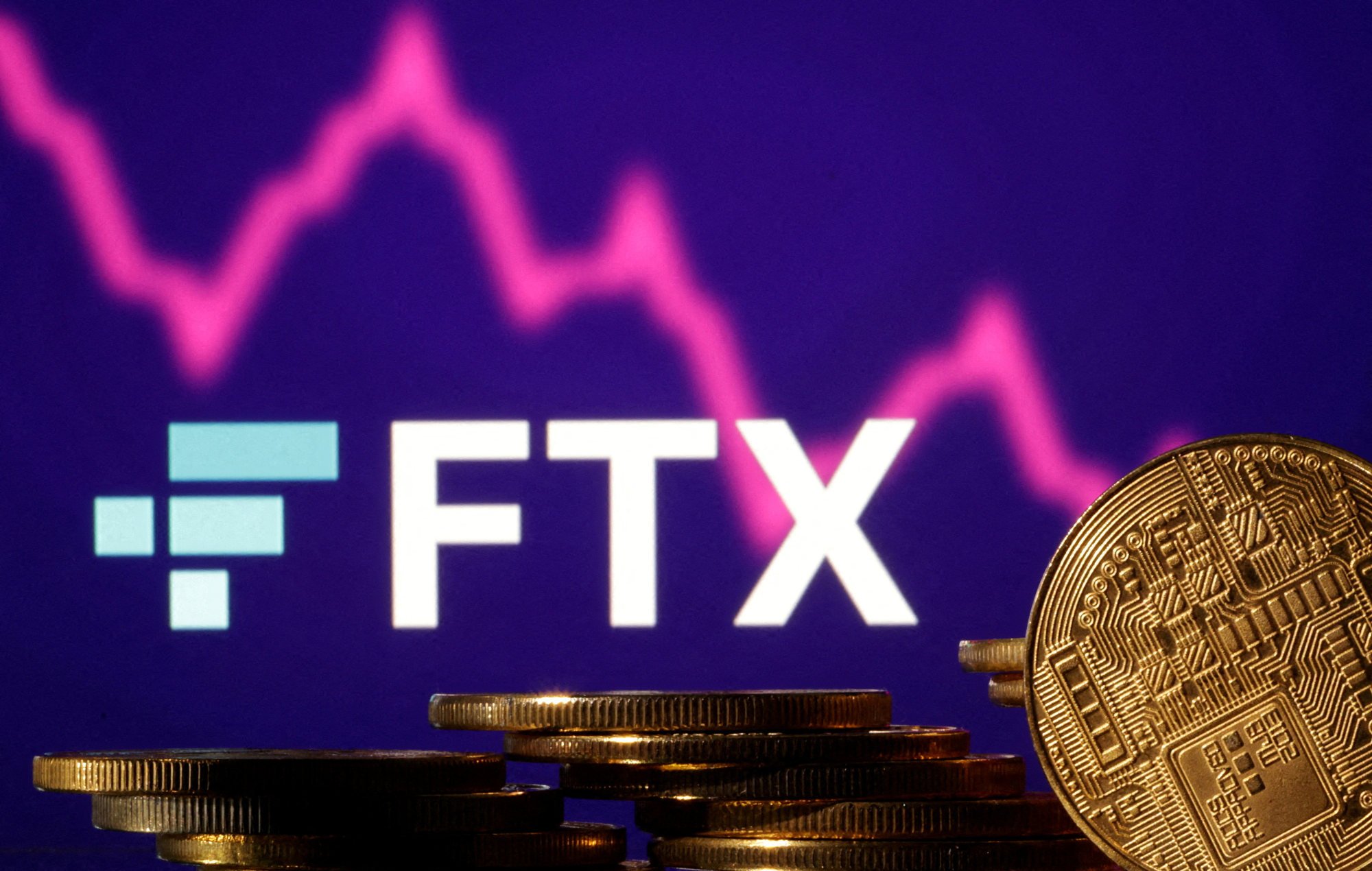
HKMA researchers say stronger disclosure and liquidity oversight on stablecoins needed to stem volatility in financial system
- The study called for adding disclosure requirements for stablecoin issuers, imposing restrictions on reserve assets
- ‘An effective implementation of the above would require internationally coordinated regulation and cooperative oversight,’ HKMA researchers say
Stronger disclosure and liquidity management rules are needed to prevent volatility in the cryptocurrency ecosystem from infecting the financial system in times of market disruption, according to a study by Hong Kong Monetary Authority (HKMA) researchers.
Such reporting for stablecoin issuers and restrictions on the composition and redemption of reserve assets backing their values are needed, given lessons from the mass redemptions in Tether in May this year amid the collapse of Terra USD, both among the biggest stablecoins.
“An effective implementation would require internationally coordinated regulation and cooperative oversight, given the borderless nature of the cryptocurrency ecosystem,” the HKMA researchers Gabriel Wu and Victor Leung wrote in the report, adding that the recommendations were their personal opinions. “Differing regulatory approaches across jurisdictions could lead to regulatory arbitrage and increase potential systemic risks.”

Heightened volatility in money market instruments was observed at the same time as the intraday price volatility of Tether peaked that day, the researchers noted, providing evidence of volatility spillover into the safest money-market instruments.
“In extreme circumstances, failures of stablecoins or other crypto assets could result in large-scale redemptions of asset-backed stablecoins and a fire-sale of their reserve assets, potentially posing material impacts on the traditional financial system such as the money market.”
Stablecoin is ‘unfit’ as money, BIS says, citing its implosion
Most of these cryptocurrencies are not under regulators’ regime so there is no transparency, according to the study.
The HKMA said the researchers’ views do not necessarily represent its official position.
“The crypto ecosystem remains largely outside the oversight of regulators, with large data gaps impeding regulators’ assessments of the spillover risk,” according to the study. Tighter scrutiny could be considered as the regulatory community mulls measures to regulate stablecoins, the study added.
The researchers suggested the regulators require issuers of stablecoins to regularly disclose their reserve assets holdings and liquidity situation, and to impose restrictions on the composition of reserve assets and redemption requirements.
“This could enable regulators to consider, in a more timely manner, taking appropriate measures to reduce the spillover risk in times of market disruption,” the study said.
Yat Siu, chairman and co-founder of online gaming developer Animoca Brands and an investor in digital asset platforms, agreed with the HKMA researchers’ proposals.
“A true stablecoin should be backed by proven asset reserves,” Siu said in an interview. “The problem with TerraUSD was the fact that it was never a true stablecoin, but an algorithmic attempt to maintain a stable price without any asset backing.
“It is important for the regulators to make sure the issuers really have the assets to back up stablecoins, and disclosure is also important. It is important for Hong Kong to have proper regulation in order for it to become a digital asset hub.”
The FTX failure has not significantly impacted Hong Kong-based fund managers, according to the Securities and Futures Commission, as their exposure was immaterial.


